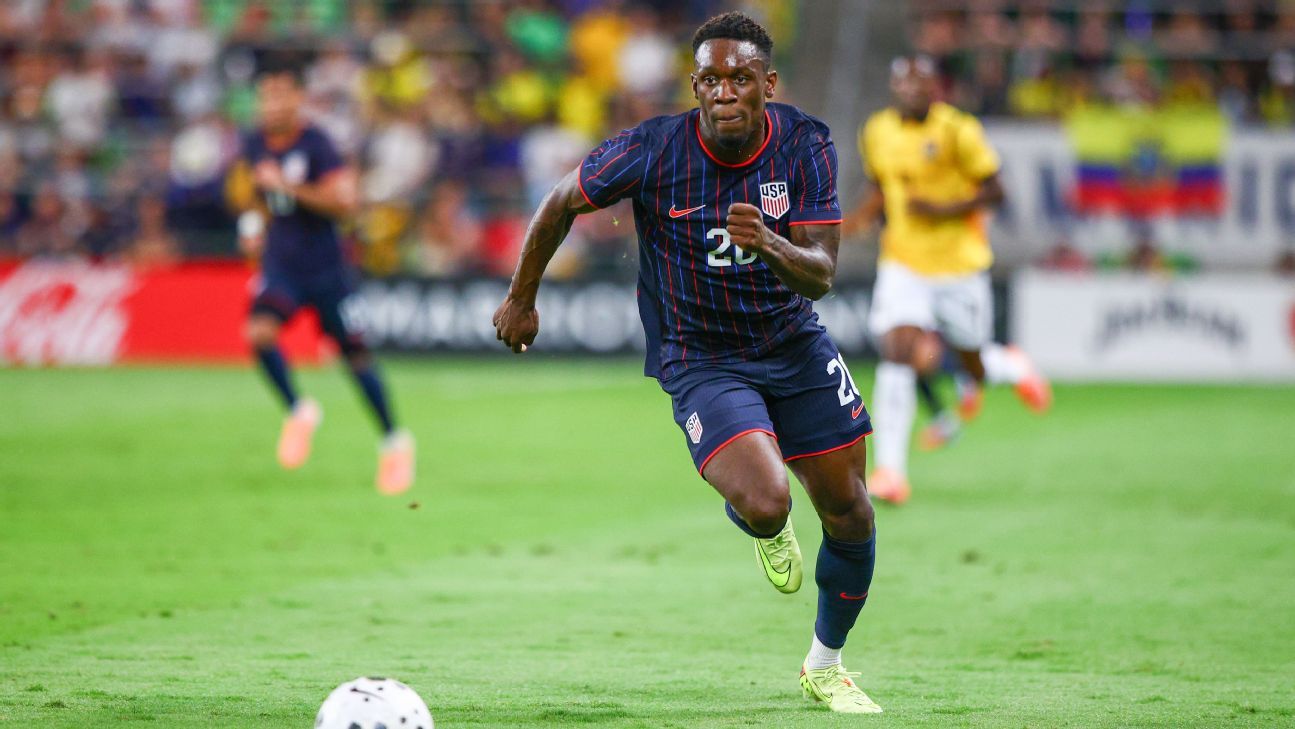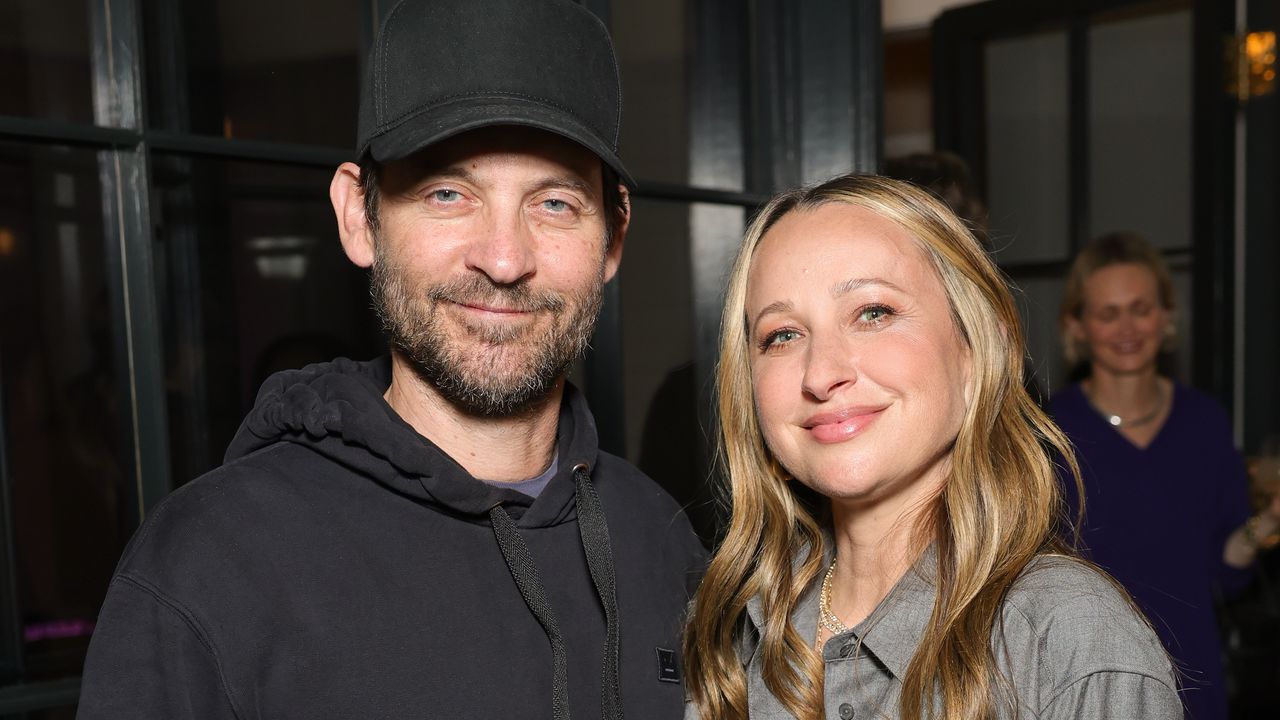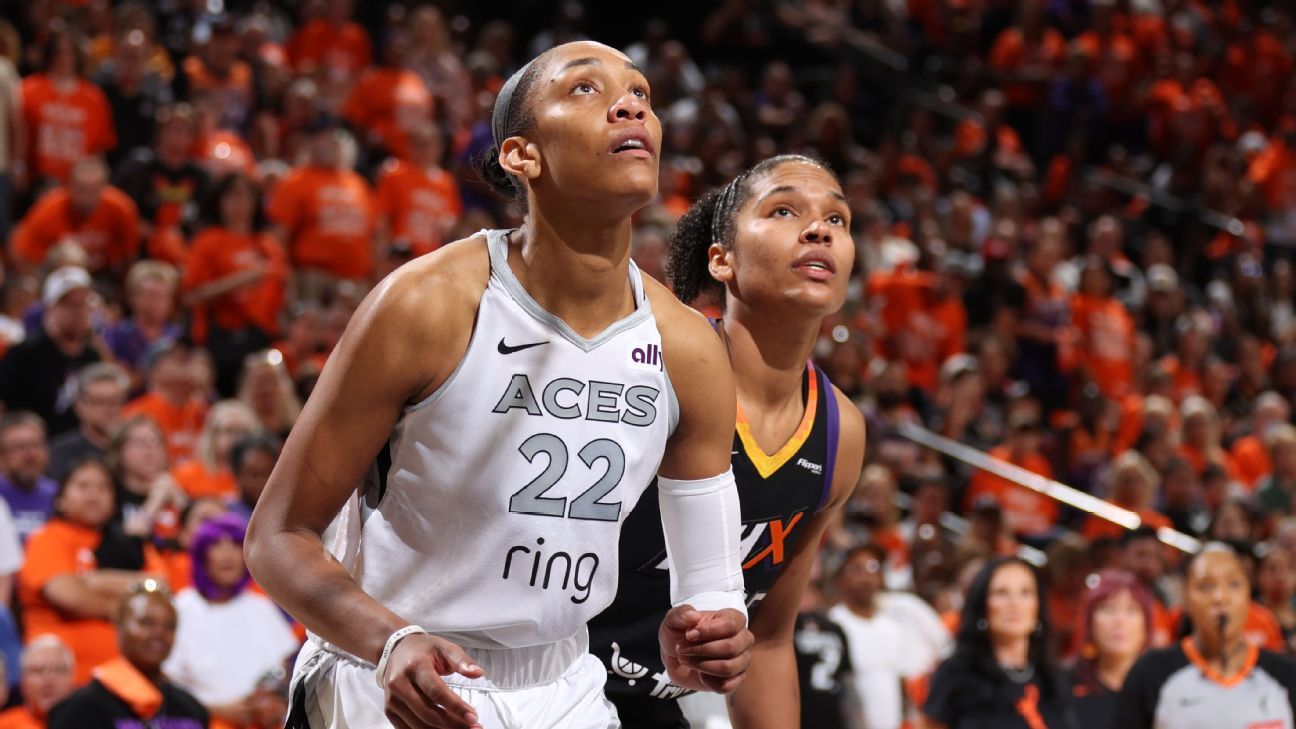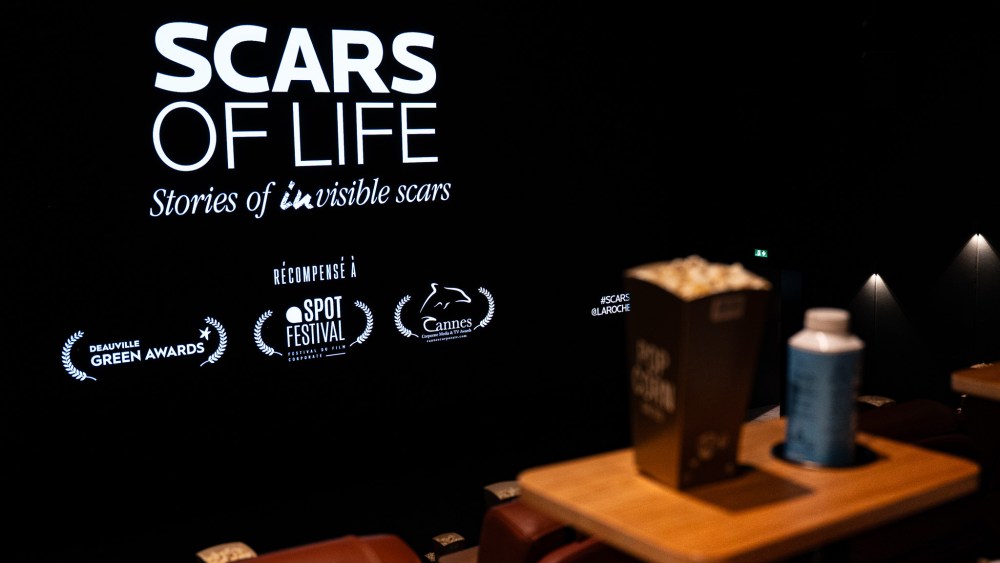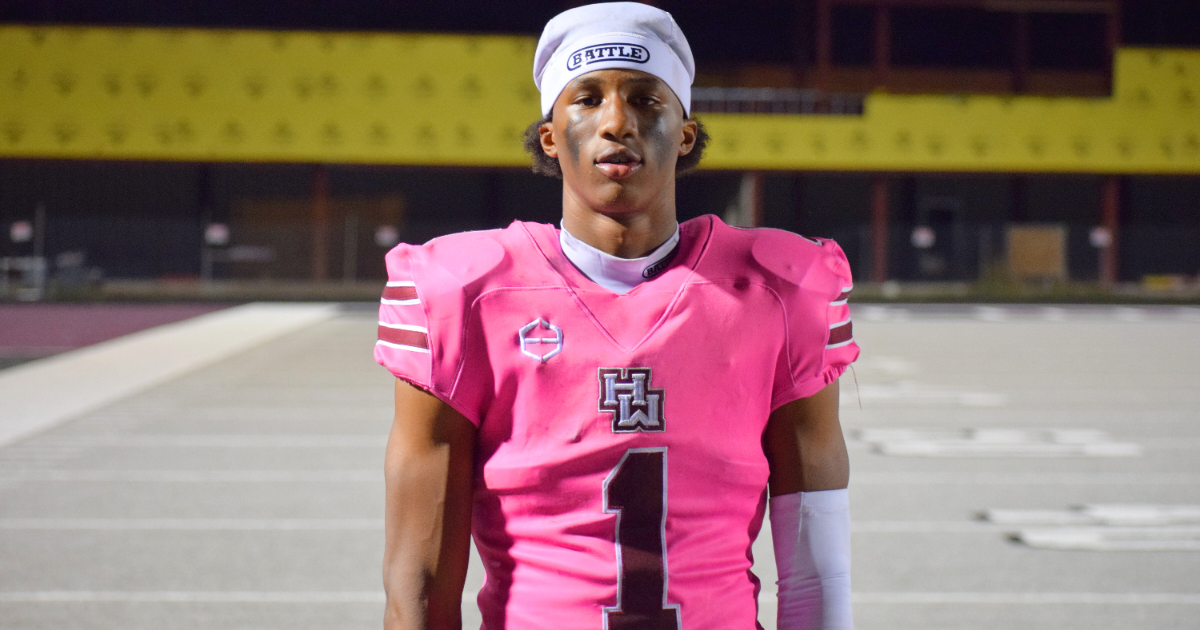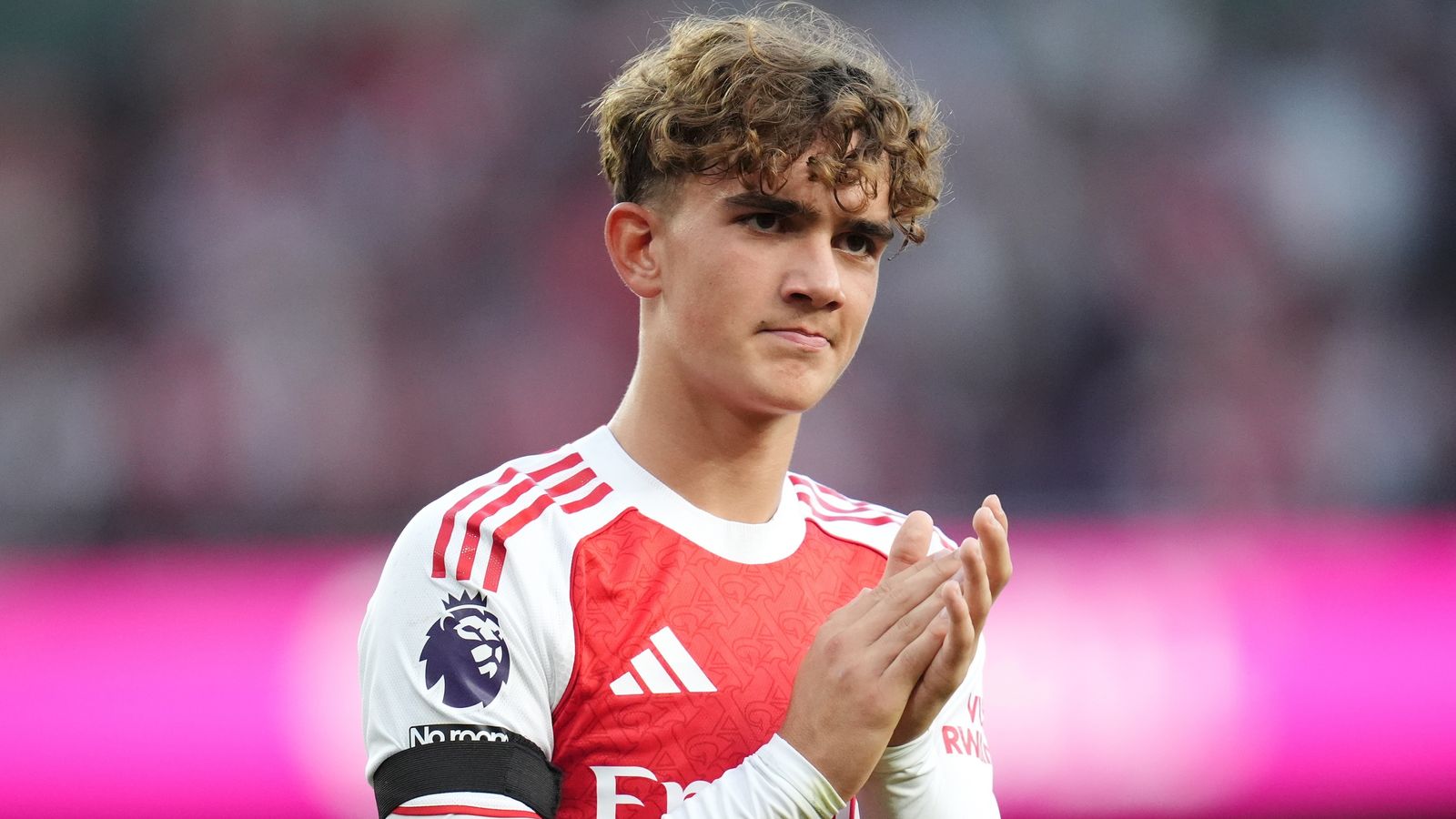
The Emirates Stadium crackled with anticipation every time the ball arrived at the feet of Max Dowman. As in Arsenal’s pre-season games, his team-mates made a concerted effort to put it there. It is easy to understand why. The 15-year-old is a special talent.
Dowman became the second-youngest player in Premier League history with his introduction against Leeds, a huge achievement in itself. But most remarkable is that, as well as being Arsenal’s youngest player, he once again looked their most dangerous.
Leeds could not contain him. The drop of the shoulder to win Arsenal’s late penalty capped a thrilling debut. On a day of theatre, of unveilings, injuries and first goals, it was Dowman, a schoolboy still four months shy of his 16th birthday, who stole the show.
“This is what we see every single day in training,” smiled Mikel Arteta afterwards. It is something else, though, to do it on this stage. “He is so convinced that he can go at 15 and deliver that, which I never witnessed in my life,” added the Arsenal manager.
Dowman might be Arsenal’s most exciting academy product yet. He certainly looks uniquely ready for the step up at his age. But he is just the latest player off the club’s production line in recent years.
Hale End continues to deliver.
In the closing stages of Saturday’s game, Dowman was one of three teenaged academy graduates on the pitch for Arsenal along with Ethan Nwaneri and Myles Lewis-Skelly, both of whom are already established at senior level, relative veterans at 18.
Bukayo Saka, an inspiration to all three having become a talismanic figure for the club and its youth set-up, had earlier scored the second goal before being forced off injured. In new signing Eberechi Eze, there was another former Hale Ender watching on.
Eze is different, of course, in that he had to leave, aged 13, to make it at senior level. But his connected past makes his return all the more intoxicating to the club’s supporters. He was greeted on Saturday as a boyhood fan as well as a former academy player.
In the matchday programme, Arsenal’s co-chair Josh Kroenke had spoken about the importance of tying Lewis-Skelly and Nwaneri to new contracts. “They know what it means to be Arsenal,” he said. So does Eze. The club is woven into his DNA too.
“It brings joy, it brings emotion,” said Arteta afterwards. He was referencing Dowman’s emergence but the same can be applied to any one of the club’s academy products.
Their instant bond with the club and its supporters is of course only one part of their offering. Saka, Nwaneri, Lewis-Skelly and Dowman, carefully nurtured by Arsenal since childhood, have added immense quality to the squad at no cost in transfer fees.
At only 15, Dowman is too young for a valuation. A player cannot command a transfer fee until he has signed his first professional contract after turning 16. All that can wait for him.
But it is dizzying to ponder the heights he might reach, and just how much he might bring to a squad already rated as the world’s second-most valuable after that of Real Madrid.
Arsenal have assembled a group of players worth £1.14bn for transfer fees totalling £826m. No other Premier League even comes close in terms of squad value generated compared to cost.
It is largely thanks to their blossoming academy products.
Saka is now valued at £129.3m by Transfermarkt, reflecting his status as one of the world’s best players. Still only 23, he remains the academy’s jewel, his peak years still to come.
Nwaneri and Lewis-Skelly have some way to go to reach Saka’s heights but their trajectories, at 18, are not dissimilar. The former is valued at £48m; the latter £39m. The hope is that they will continue to grow and develop, and that Dowman will be next.
The players and their families are of course the key drivers in their success. Together, they also reflect the excellent work of academy director Per Mertesacker and the various coaches who oversaw their progress through the age groups at Hale End.
But they also require a manager willing to trust them and they have that in Arteta, whose close relationship with Mertesacker has helped ensure alignment between the academy and the senior side, opening a clear pathway into the first-team.
Since the start of last season, Arsenal have given more minutes to players aged 18 or under than any other Premier League side. Even academy players who have moved on, such as Emile Smith Rowe and Eddie Nketiah, have generated value through their sales.
Unusually for a first-team manager, Arteta has taken an active role in meetings with players such as Nwaneri and Lewis-Skelly from a young age, long before they joined the senior squad. But it is since their promotions that their progress has really accelerated.
It is partly down to the exposure but Arteta’s coaching has helped too. Saka was playing at full-back when Arteta arrived at the club but has flourished as a right-sided forward. Lewis-Skelly, previously a central midfielder, has been reinvented as a left-back.
It remains to be seen where Dowman’s long-term future lies. He has so far been used in Saka’s role, cutting inside from the right, onto his left foot. But he can also play centrally, either as a No 8 or a No 10.
The possibilities are tantalising. He will of course need to be protected given his age. Dowman is still a year away from sitting his GCSEs. But clearly he has a role to play even in the short-term.
Events at the Emirates Stadium on Saturday were a reminder that Arsenal’s academy is key to their present as well as their future.
Sky Sports to show 215 live Premier League games this season
Starting this season, Sky Sports’ Premier League coverage will increase from 128 matches to at least 215 games exclusively live.
And 80 per cent of all televised Premier League games this season will be shown live on Sky Sports.
#Max #Dowman #joins #Bukayo #Saka #Ethan #Nwaneri #Myles #LewisSkelly #showing #Arsenals #Hale #academy #biggest #asset #Football #News






